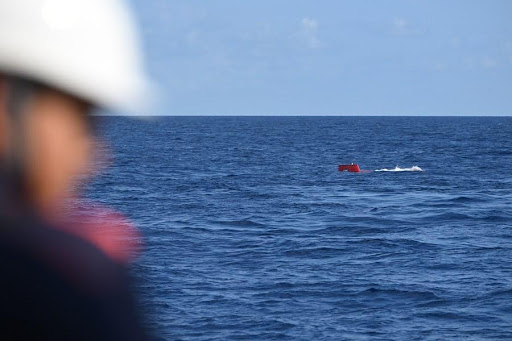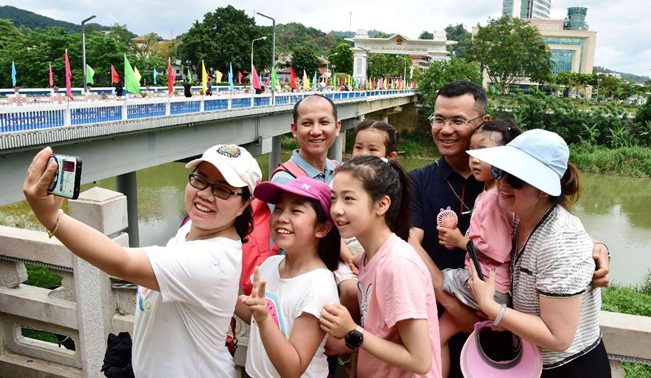BEIJING (Xinhua) — On a typical sunny March day in Beijing, President Xi Jinping walked into a room filled with national political advisors, continuing a decade-old tradition of engaging in discussions on critical issues that shape the country’s development and impact people’s lives. This year, air quality was a subject.
During the ongoing annual session of the Chinese People’s Political Consultative Conference National Committee, China’s top political advisory body, Xi, also general secretary of the Communist Party of China (CPC) Central Committee and chairman of the Central Military Commission, shared two stories in this regard during the joint group meeting this week.
Briefed by a political advisor from the environmental and resources sector on accomplishments in ecological and environmental governance, Xi pointed out that China has made rapid progress on environmental protection since the 18th CPC National Congress in 2012.
Xi recalled frequent sandstorms in Beijing during his childhood, which would leave a layer of dust on the floor if windows were left open for a day. Reflecting on those dusty days, Xi humorously remarked, “It wasn’t PM2.5 back then; it was ‘PM250,'” drawing laughter from those present.
Talking to the political advisors, Xi also mentioned “APEC blue,” a term coined to describe the clear skies in Beijing during the Asia-Pacific Economic Cooperation (APEC) China 2014 summit.
In November 2014, while addressing the visiting APEC leaders, Xi directly responded to views labeling “APEC blue” as temporary, expressing his hope and determination that “with persistent efforts, the ‘APEC blue’ will be here to stay.”
Over the decade since that promise was made, efforts championing green, circular and low-carbon development and prioritizing ecological conservation have been made, and Chinese people now are enjoying bluer skies alongside clearer waters and lusher mountains.
Take Beijing for instance. In 2023, the capital experienced good or excellent air quality on about 90 percent of days, accompanied by significant reductions in the annual average concentrations of PM2.5, PM10, nitrogen dioxide and sulfur dioxide compared to 2013.
Air quality in Chinese cities in general improved significantly between 2013 and 2022, with good or excellent air quality recorded on 86.5 percent of days in 2022, marking an increase of 20.8 percentage points.
“We had moved from battling ‘PM250’ to conquering PM2.5. Now the problem of PM2.5 is almost settled,” remarked Xi during the joint group meeting, highlighting incremental steps taken in environmental protection.
“As long as we are making strides, we should remain determined,” Xi told the political advisors. “Instead of merely criticizing and pointing fingers, we should take real action and get things done.”












